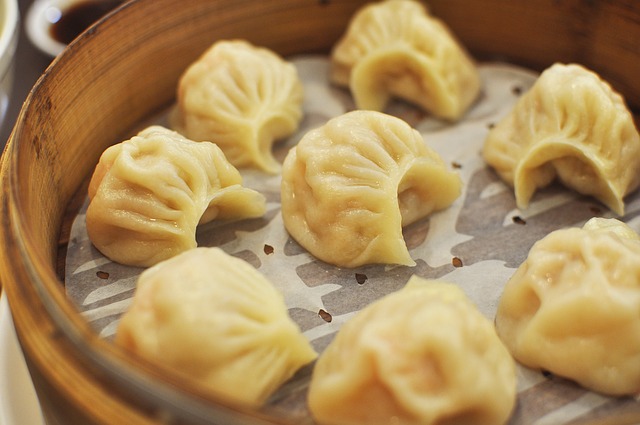Singapore-based cellular seafood startup Shiok Meats has raised a $4.6 million Seed round in support of cellular aquaculture technology. The round was backed by the CEO of Monde Nissin, Henry Soesanto, Y Combinator, and Big Idea Ventures, a new venture capital fund backed by Tyson that focuses on meat alternatives.
Co-founded in 2018 by stem cell scientists Dr. Sandhya Sriram and Dr. Ka Yi Ling, Shiok (which is a slang term for “fantastic” and “delicious”) leverages its founders’ experience in the field of biology and cell technology to create cultured crustacean meats including shrimp, lobster, and crab.
“Most clean, cell-based meat companies focus on red meat and poultry, but in Asia – where we are located – we eat a lot of seafood, and we need a clean solution for seafood as well,” Ling told Sea-Globe.com “We can’t just keep fishing from the ocean; we have a limited supply, and we can’t keep overfishing.”
The company has initially focused on developing its cellular shrimp, and along with Elaine Siu, managing director of Asia Pacific for the Good Food Institute, and advisers John Cheng of Innovate 360, and Henry Soesanto, CEO of Monde Nissin and investor in this round.presented their shrimp dumplings at the end of March.
Aside from reducing the pressure on the global seafood harvest, Shiok sees cellular aquaculture as a means to also counter the overuse of antibiotics in animal protein production – an issue highlighted in a recent Canadian study that found that 17 percent of shrimp imports entering the country, mainly from Asia, were resistant to one or more types of antibiotics.
Noted as one of the most pressing threats to global health by the World Health Organization, antibiotic resistance is responsible for the deaths of 700,000 people each year. And if left unchecked, a study conducted in the UK and released in 2014 concluded that by 2050, antibiotic resistance could cause more deaths than cancer.
However, when carried out in a sterile environment, cellular aquaculture can produce seafood without animals and without the use of antibiotics.
Furthermore, Asia – a region that consumes 65 million tons of seafood per year, and which provides the bulk of the world’s shellfish and seafood – is rife with challenges, including up to 30 percent of food sold and labeled as shrimp being tested and proving to be something else, and for every 100 pounds of shrimp imported to the U.S., one-fifth proves to be bycatch, or other animals caught in the process of catching shrimp.
A School of Startups
Last year saw a boom in the emergence of startups focused on the development of cellular and alternative seafood products.
In April 2018, landlocked, Pennsylvania-based vegan seafood company Good Catch raised a $5.5 million Series A from Stray Dog Capital. The company’s flagship three SKUs include shredded tuna, frozen crab cakes, and fish patties with the line of plant-based tuna in three flavors: original, olive oil and herbs, and Mediterranean, which was slated to hit the market through Whole Foods by the end of last year.
In June, Finless Foods CEO and co-founder Mike Selden announced a successful $3.5 million Seed Round for the company led by Draper Associates, and including Softmatter VC, Blue Horizon, Hemisphere Ventures, Yakumi Investment, Starlight, Babel Ventures, Olive Tree Capital, Breakoff Capital, and the U-Start Club.
One month later, True Ventures and Collaborative Fund co-led a $4.25 million Seed round for Terramino Foods, an alternative protein startup making meat and seafood products from fungi that have the same texture, taste, and nutrition as animal-based meats.
Then in August, Good Catch reappears to announce the closing of an $8.7 million Series A led by New Crop Capital, and including online natural food platform Thrive Market, Fresh Direct, Stray Dog Capital, Blue Horizon, EverHope Capital, Baleine & Bjorn Capital, M13, Starlight Ventures, and a significant showing by European poultry company PHW Group.
That same month, New Crop Capital also led a $4.5 million round for BlueNalu, a cellular aquaculture startup that just this month announced its move to a larger research facility that will help the company achieve its initial commercialization goals.
Currently, Shiok’s cost of production remains prohibitive at $5,000 for eight shrimp dumplings. However, the startup is working to reduce their costs enough to bring their first products to the Asia Pacific market within three to five years. And from Singapore, Shiok is looking to expand its business into Hong Kong, India, and then into Australia.
-Lynda Kiernan

